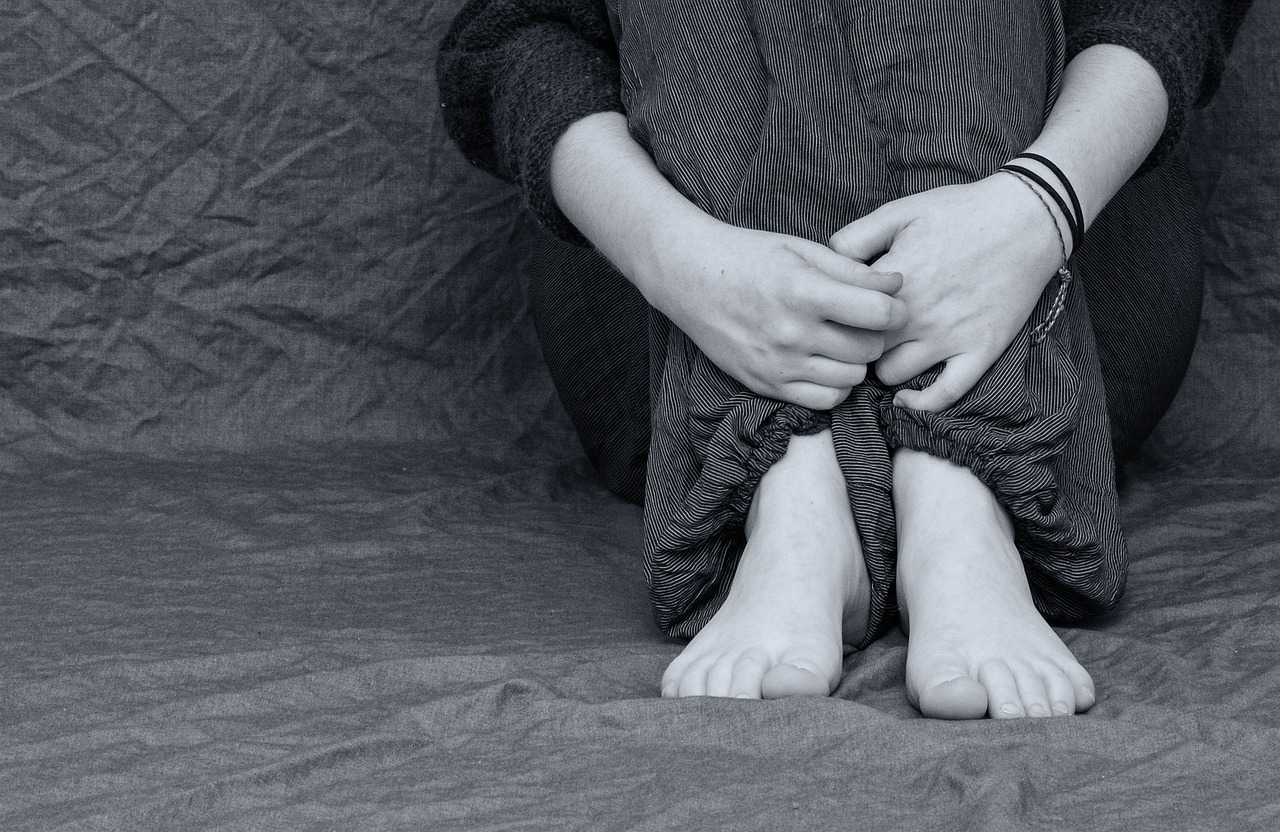News release
From:
JAMA
Transmission of Mental Disorders in Adolescent Peer Networks
About The Study: The findings of this study suggest that mental disorders might be transmitted within adolescent peer networks. More research is required to elucidate the mechanisms underlying the possible transmission of mental disorders.
Journal/
conference:
JAMA Psychiatry
Organisation/s:
University of Helsinki, Finland
Funder:
This study was funded by the
European Union (ERC, MENTALNET, 101040247)
and the Academy of Finland (354237 to
Dr Hakulinen; 339390 to Dr Elovainio). DrWebb is
funded by the National Institute for Health and
Social Care Research (NIHR) Manchester
Biomedical Research Centre (NIHR203308) and
by the NIHR Greater Manchester Patient Safety
Research Collaboration (NIHR204295).



 International
International



